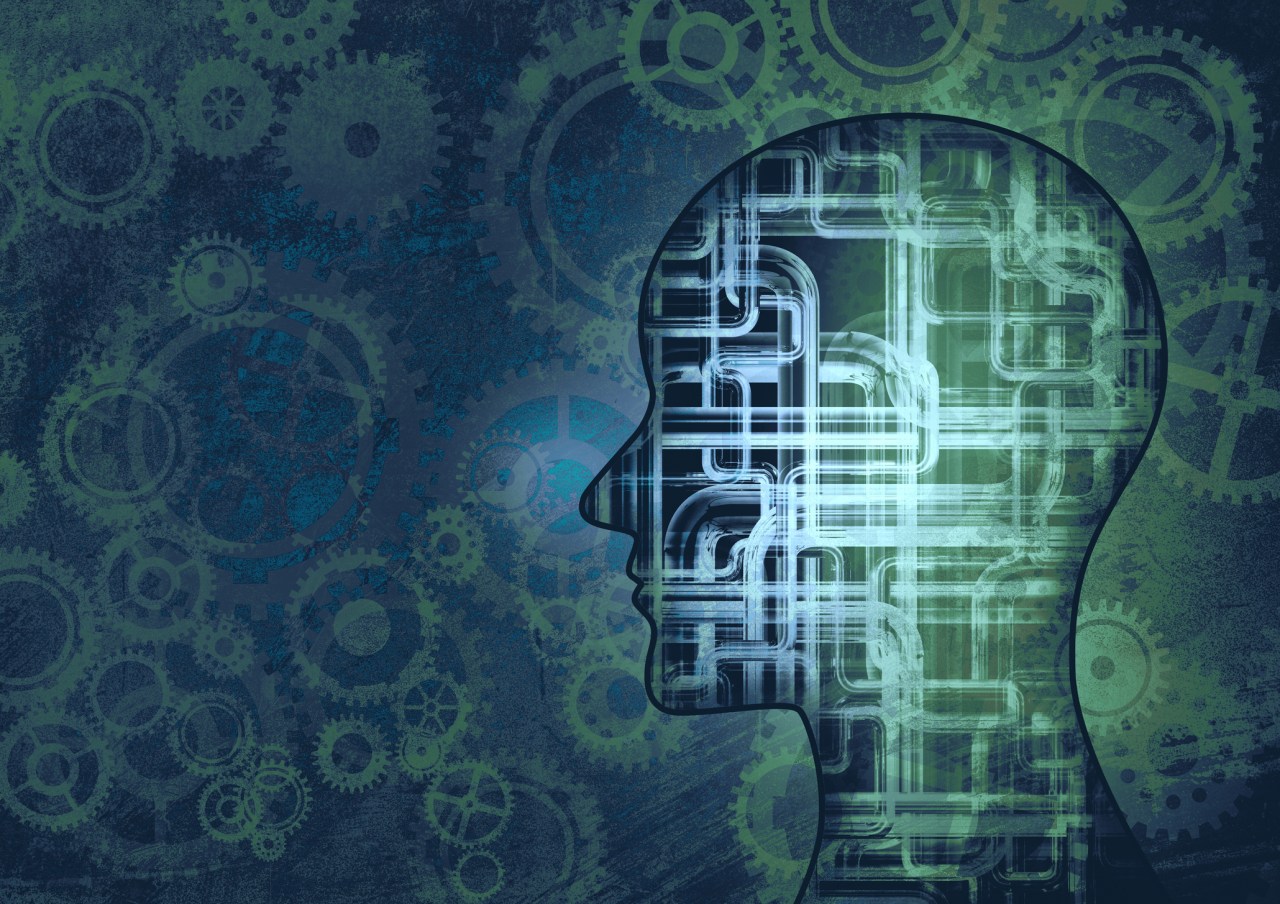In the wake of the COVID-19 pandemic, mental health issues have surged, shining a spotlight on the pervasive challenge of depression. Despite its widespread nature, many remain undiagnosed and untreated, leading to immense suffering. This disconnect inspired two innovative engineers, Grace Chang and Rima Seiilova-Olson, to explore how technology could pave the way for better detection of depression through an often-overlooked medium: voice.
The Birth of Kintsugi: Technology Meets Empathy
Kintsugi, co-founded by Chang and Seiilova-Olson, is more than just a startup; it’s a solution born from personal experiences. Both founders faced difficulties accessing mental health support, which sparked a vision to leverage their engineering skills to create a system that aids clinicians in identifying patients who may be struggling.
Chang emphasizes, “We saw this as an infrastructure problem where you have so many people trying to jam through that front door.” By offering a clearer understanding of which individuals truly need help, Kintsugi strives to alleviate the burden on healthcare providers. It’s a novel approach aimed at shifting the paradigm from reactive to proactive mental health care.
How Voice Can Reveal Thoughts
Research shows that individuals suffering from depression often exhibit changes in vocal tone, characterized by a flat delivery that transcends cultural and linguistic boundaries. This phenomenon is referred to as psychomotor retardation, where slowed mental processing and movement manifests in speech patterns.
With this knowledge, the Kintsugi team developed a sophisticated API designed to detect these vocal cues. By employing machine learning algorithms trained on tens of thousands of voice samples, the system can assess the level of depression using established scales like PHQ-9 and GAD-7, offering nuanced insights into a patient’s mental health.
Harnessing Voice Journals for Data Collection
To build their model, Kintsugi initiated a unique approach by developing a voice journaling app. This application serves as a platform for users to express their feelings verbally, generating invaluable data for analysis. According to Chang, the decision to focus on how people spoke, rather than what they said, allowed the company to prioritize user privacy while enhancing technological development.
This strategic move not only addressed privacy concerns but also expanded their scope for analysis, making the technology language-agnostic and applicable across various demographics.
Integration into Clinical Practices
Recognizing that patients’ self-assessments may not always reflect their true mental state, Kintsugi integrates its API directly into the clinical workflow, seamlessly fitting into existing electronic health record systems. This empowers healthcare professionals to assess mental health more accurately during routine calls and consultations.
“We have an API that is integrated into clinical call centers and telehealth applications,” explained Chang. This real-time feedback provides essential insights for clinicians, allowing them to connect patients with suitable mental health resources earlier in the process.
Navigating Regulatory Waters and the Road Ahead
Kintsugi is in the process of obtaining De Novo approval from the U.S. Food and Drug Administration while actively collaborating with the University of Arkansas for Medical Sciences (UAMS) for clinical studies. The founders have adeptly combined their technical expertise with a deep personal understanding of mental health challenges, positioning them as trailblazers in the voice-tech mental health space.
Despite encountering barriers in fundraising as female immigrant entrepreneurs, Chang and Seiilova-Olson have successfully raised significant capital to support their mission. They are not alone in this pursuit; competitors like Ellipsis Health and Sonde Health also explore similar innovations, contributing to the growing field of voice-assisted mental health diagnostics.
Conclusion: A New Dawn in Mental Health Detection
The Kintsugi initiative symbolizes a hopeful shift towards making mental health support more accessible and accurate. By harnessing the power of voice detection, the founders aim to bridge the gap in care for millions worldwide. As we continue to navigate the complexities of mental health challenges exacerbated by the pandemic, Kintsugi embodies a forward-thinking approach to truly understand and support those in need.
At fxis.ai, we believe that such advancements are crucial for the future of AI, as they enable more comprehensive and effective solutions. Our team is continually exploring new methodologies to push the envelope in artificial intelligence, ensuring that our clients benefit from the latest technological innovations. For more insights, updates, or to collaborate on AI development projects, stay connected with fxis.ai.

